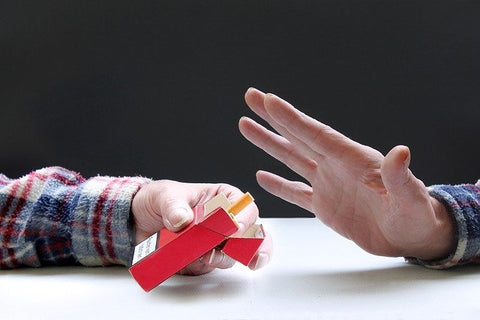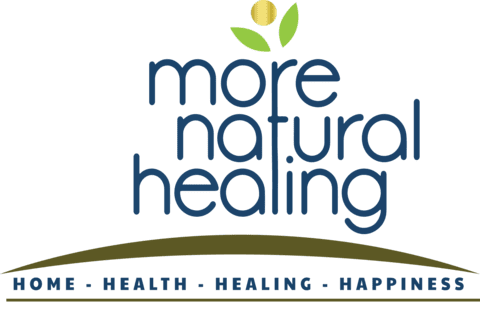
Each of us must develop critical life skills to manage our day-to-day lives. For example, parents must learn parenting skills, students must practice study skills, and we all have to learn personal life skills, like conflict resolution and stress management. Possessing these skills help us to lead more fruitful and fulfilling lives.
When you’re recovering from tough times, though, you need to focus on learning a whole new set of life skills. Mastering these new skills will be essential to getting your life back on track. Let’s look at these skills you should get started on.
Establish A Daily Routine
According to medical news published by Northwestern University, people that don’t practice a daily routine usually have various problems, such as stress, poor physical condition, poor eating, and poor sleep. They also report that lack of routine leads to an ineffective use of time. For those trying to get back on track, idle time or time misspent can often lead to setbacks.
Before you prepare your daily routine, you’ll need to examine some of your daily practices. Compile a list of things that you do that are productive and things that you do that aren’t. Now, replace unproductive things with activities that are more beneficial to your well-being; perhaps that’s exercise, meditation, a new hobby, or a support group meeting. Take these regular healthy habits and put them into a schedule, being sure to allow enough time for periodic 30-minute breaks as well as ample sleep. All of these together will contribute positively to your recovery. Try your new schedule for a week, and then make any necessary adjustments.
Get Closer To Nature
Numerous studies suggest that the great outdoors is a perfect place to destress. Most importantly, stress -- and one’s inability to deal with it -- is often a precursor to substance abuse used as a coping mechanism. And the same goes for relapsing. If you’re not able to eliminate stress, you will be decreasing your odds of a successful recovery.

Enjoying nature is as simple as opening your door and stepping outside. Put yourself in green spaces via hiking, gardening, kayaking or meditating outdoors. This way, you’ll be releasing tension that leads to stress.
Secure a Solid Social Network
According to the Substance Abuse and Mental Health Services Administration, recovery is greatly enhanced by having a strong social network. People trying to recover after trying times tend to isolate themselves versus becoming fully engaged in their communities. Find ways to connect with people by attending social events, getting involved at a church, volunteering or attending peer group counseling.
Make a Fresh Start
Is there an area or city that you’ve always wanted to move to? This may be the perfect opportunity to relocate. With a diverse job market and affordable utilities and rentals (suburban one bedrooms average $600-$900 a month), the city of Austin can be a terrific place to start over. To find a place that suits your needs, visit a site like Rent.com and filter by property type, number of bedrooms, cost, and amenities.
Change Your Habits
Whether it’s exercising or smoking, every single habit starts with what is known as a “habit loop.” This starts with a trigger that leads you to the habit, which is then repeated after a reward sensation is achieved.

Instead of eliminating a bad habit, replace it with a positive one. In order to do this, James Clear, a frequent writer on the topic, suggests you follow these steps:
- Find a healthy replacement for the bad habit.
- Eliminate triggers.
- Team up with someone who is fighting the same bad habit.
- Surround yourself with people you admire.
- Visualize success.
- Find the old you.
- Overcome negative self talk.
- Anticipate failure.
Improve your health, attitude, and mindset with natural healing supplements from More Natural Healing. Staying strong and healthy is one of the most positive habits you could bring into your life.
Learn To Say “No”
For many people, friends, family and others can drag you down as you work through recovery. This can come in the form of social pressure to either go back to old, destructive habits, or even embrace new bad habits. This is a time when you need to learn how to say “no” with discretion. According to experts at Psych Central there are several tips for saying “no.”
- First, you’ll need to learn short and firm responses; you don’t need to elaborate.
- Second, delay your response with remarks like, “I’ll get back to you.”
- Third, consider if there’s a compromise.
- Fourth, remember your “no” doesn’t mean you’re rejecting someone.
- And finally, don’t feel guilty.
One of the clearest paths to recovery is learning. Life skills are learned by experiencing and practicing them. Start with these life skills to get back on track.
Our blog post is a collaborative effort by the founders of More Natural Healing in conjunction with Editors of Renewed Health Alliance, and our board of advisors including doctors, herbalists, and experts in using natural herbs and supplements to enhance our daily lives. We only provide information that has been researched, validated, and vetted for our posts and includes validation from experts in the herbal community. A person of interest on this post is the talented writing ofSheila Olson of fitsheila.com. Sheila is a contributing writer and blogger for More Natural Healing & Renewed Health Alliance
